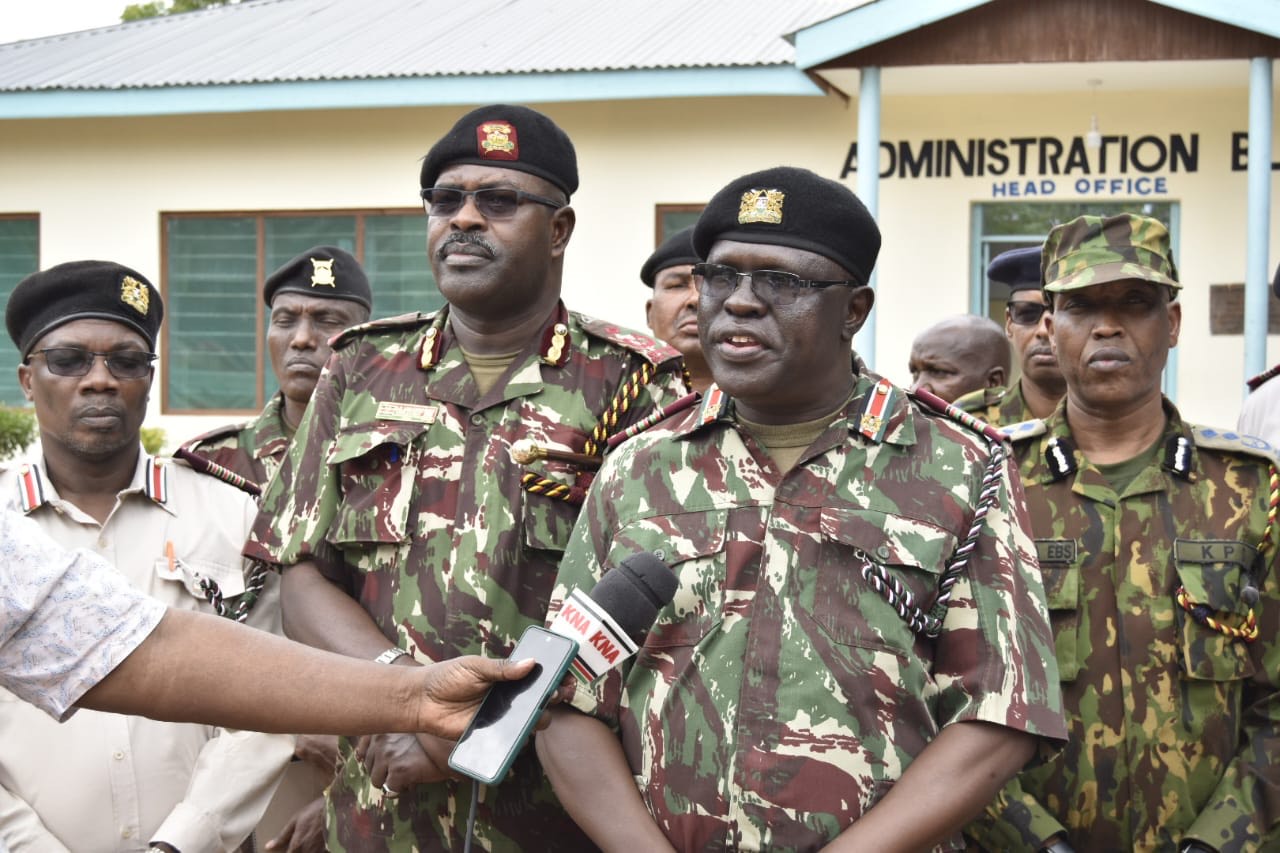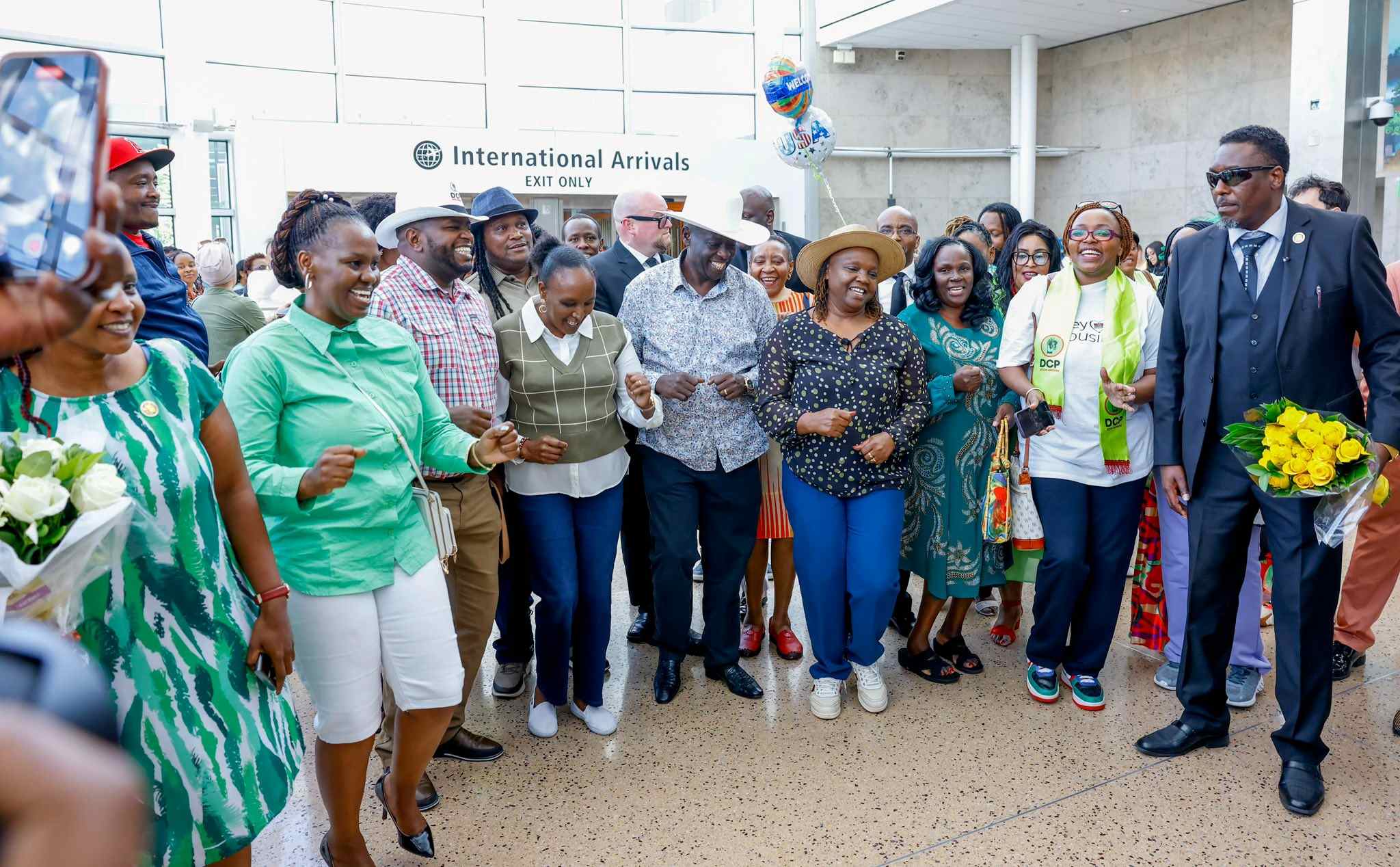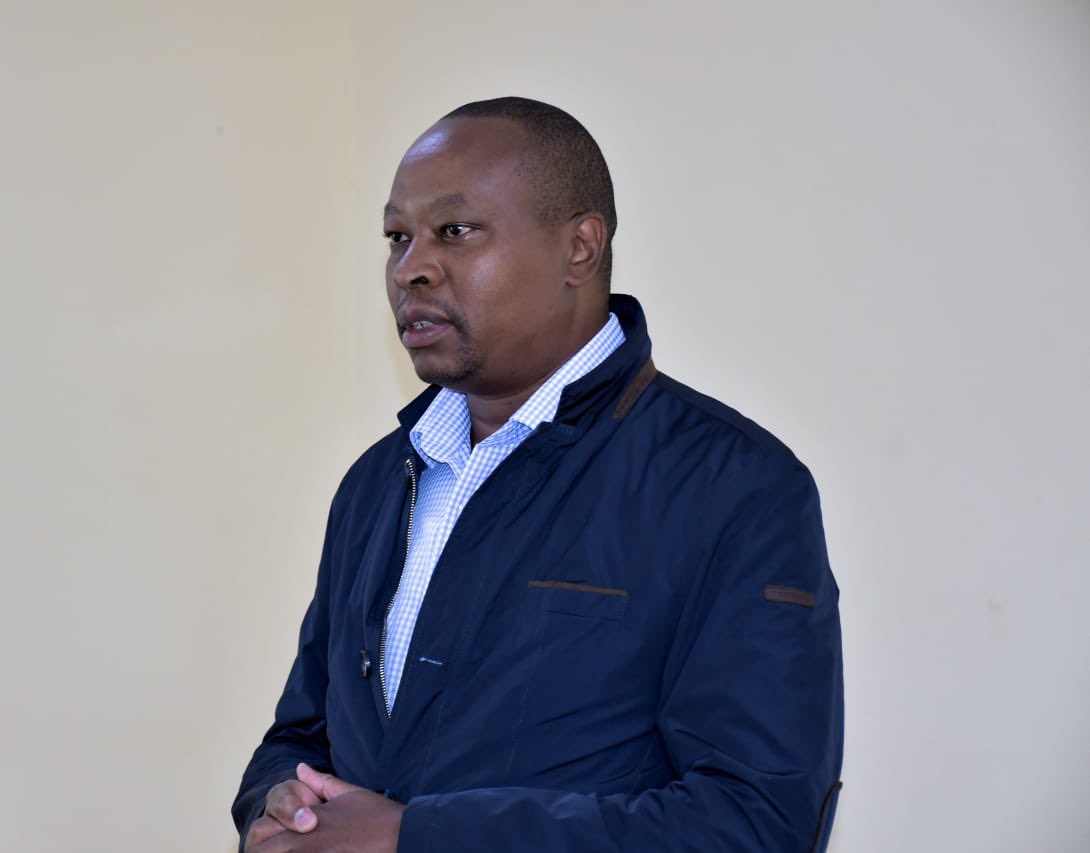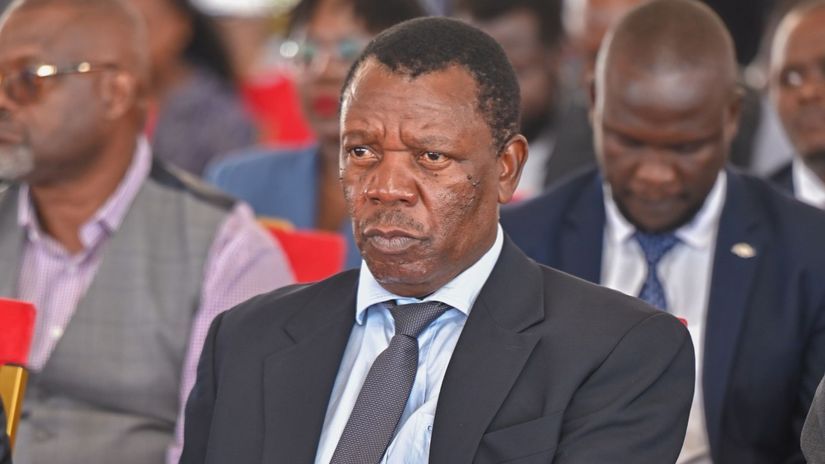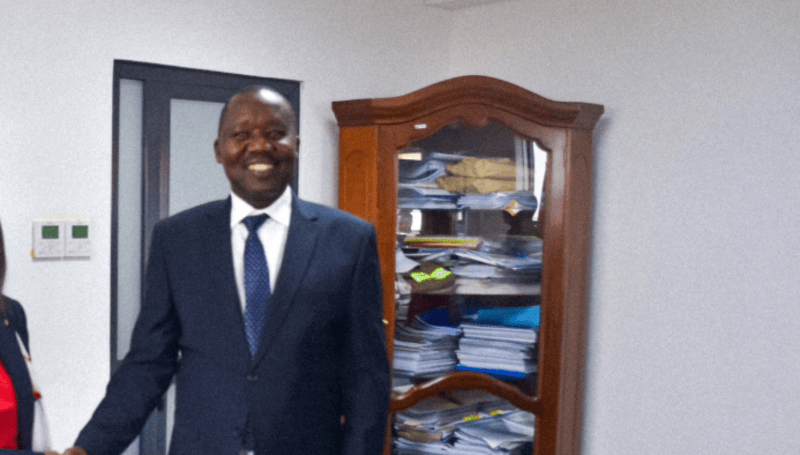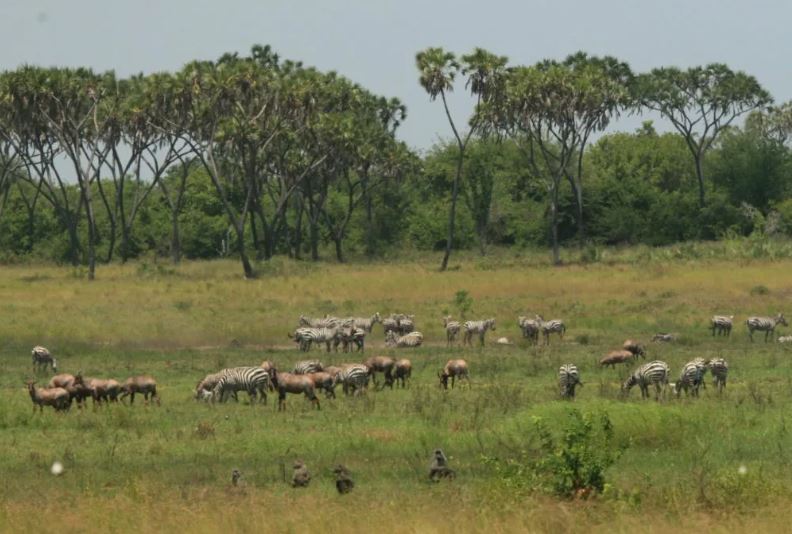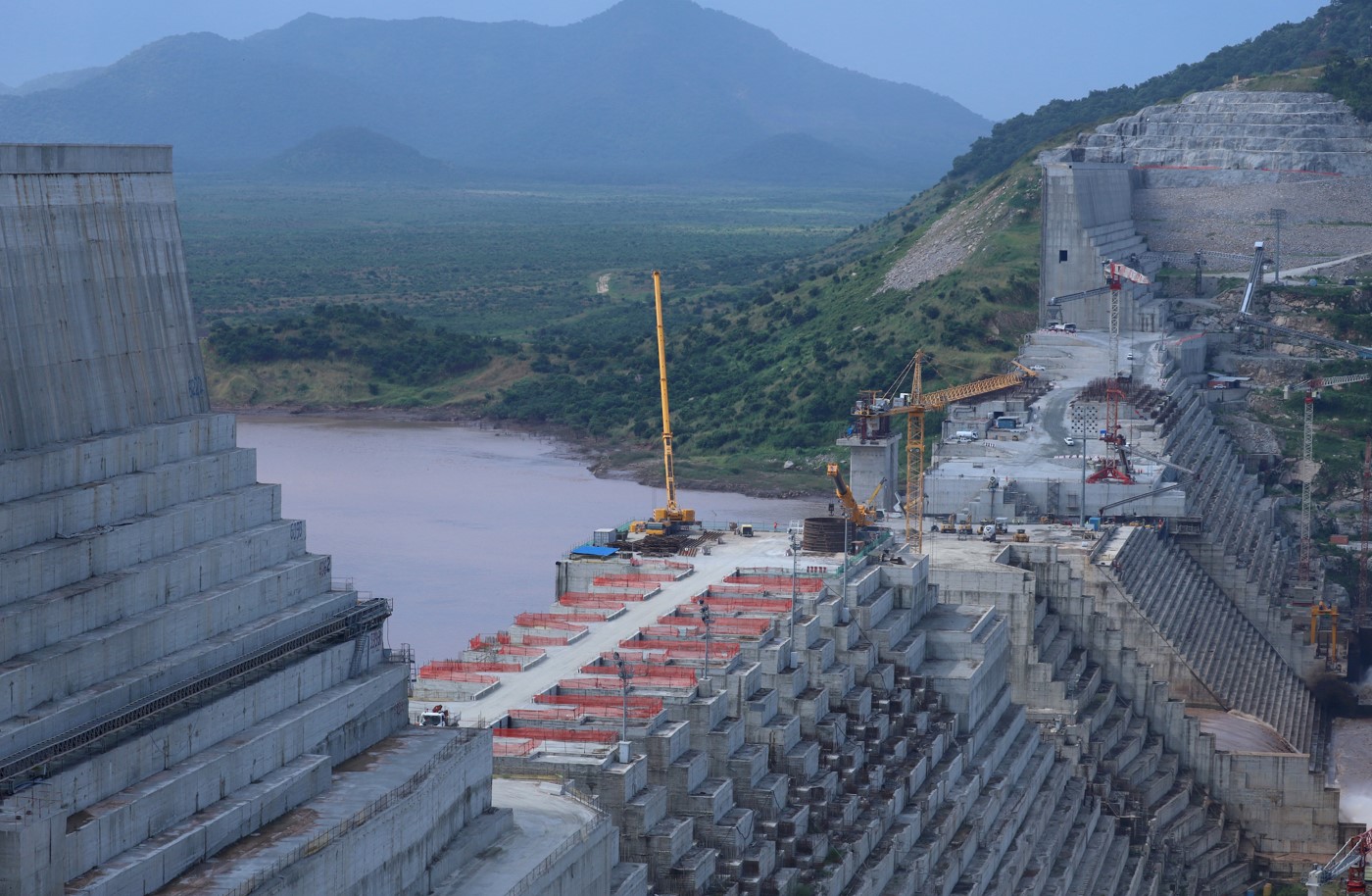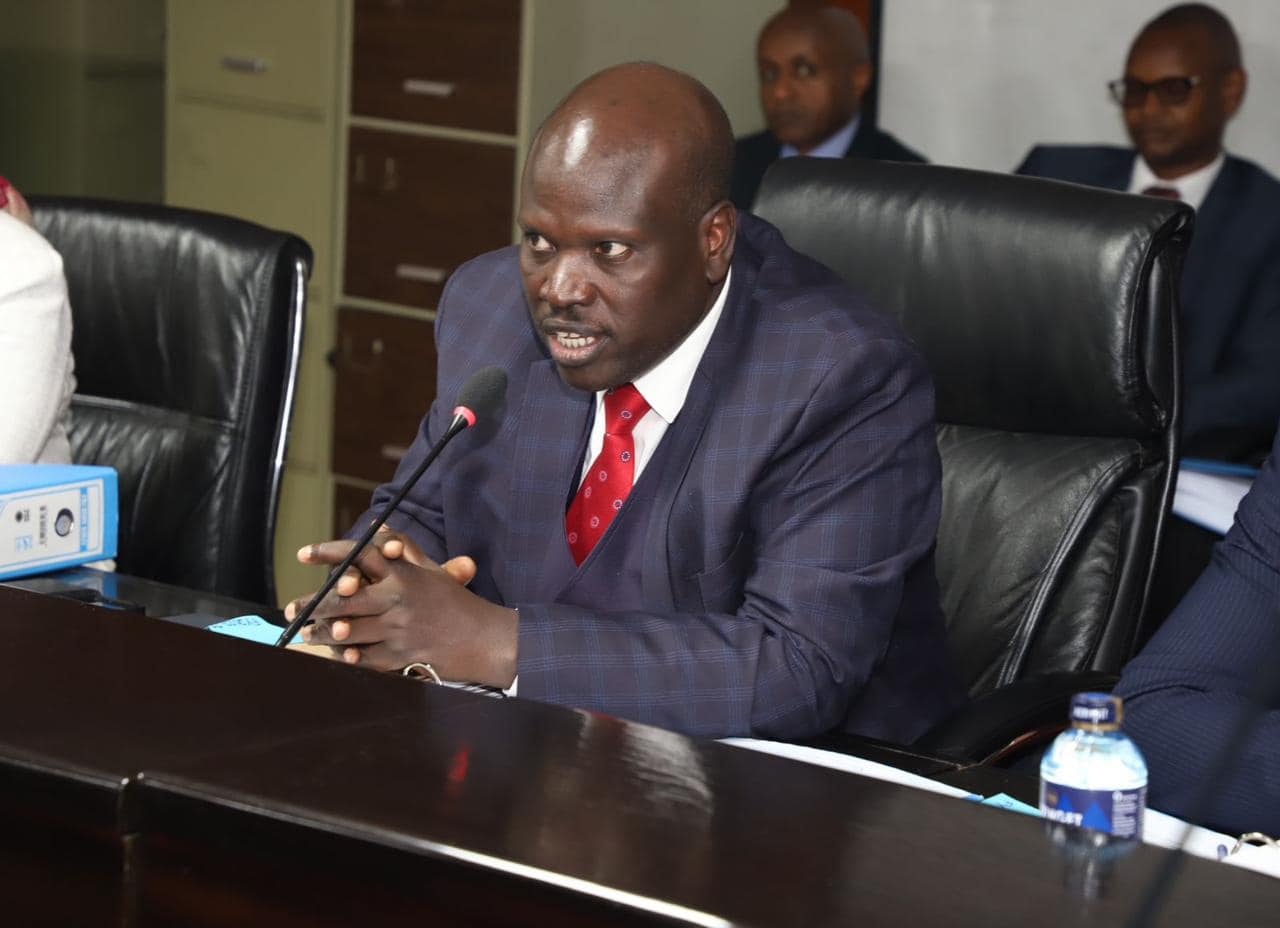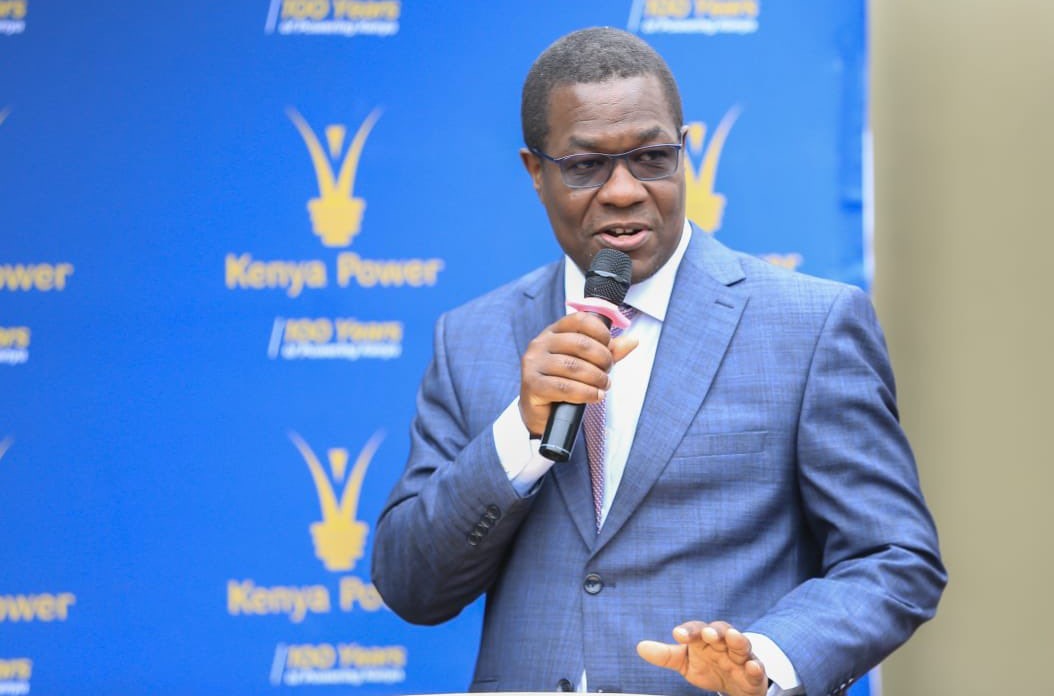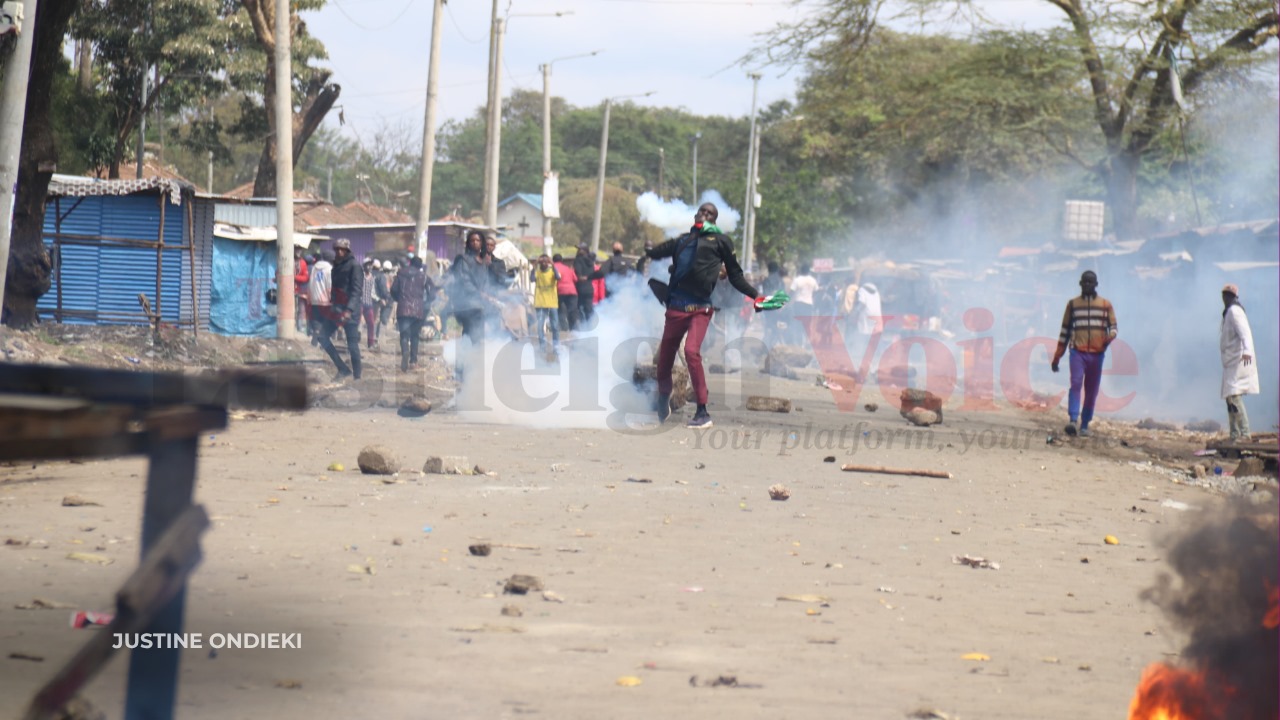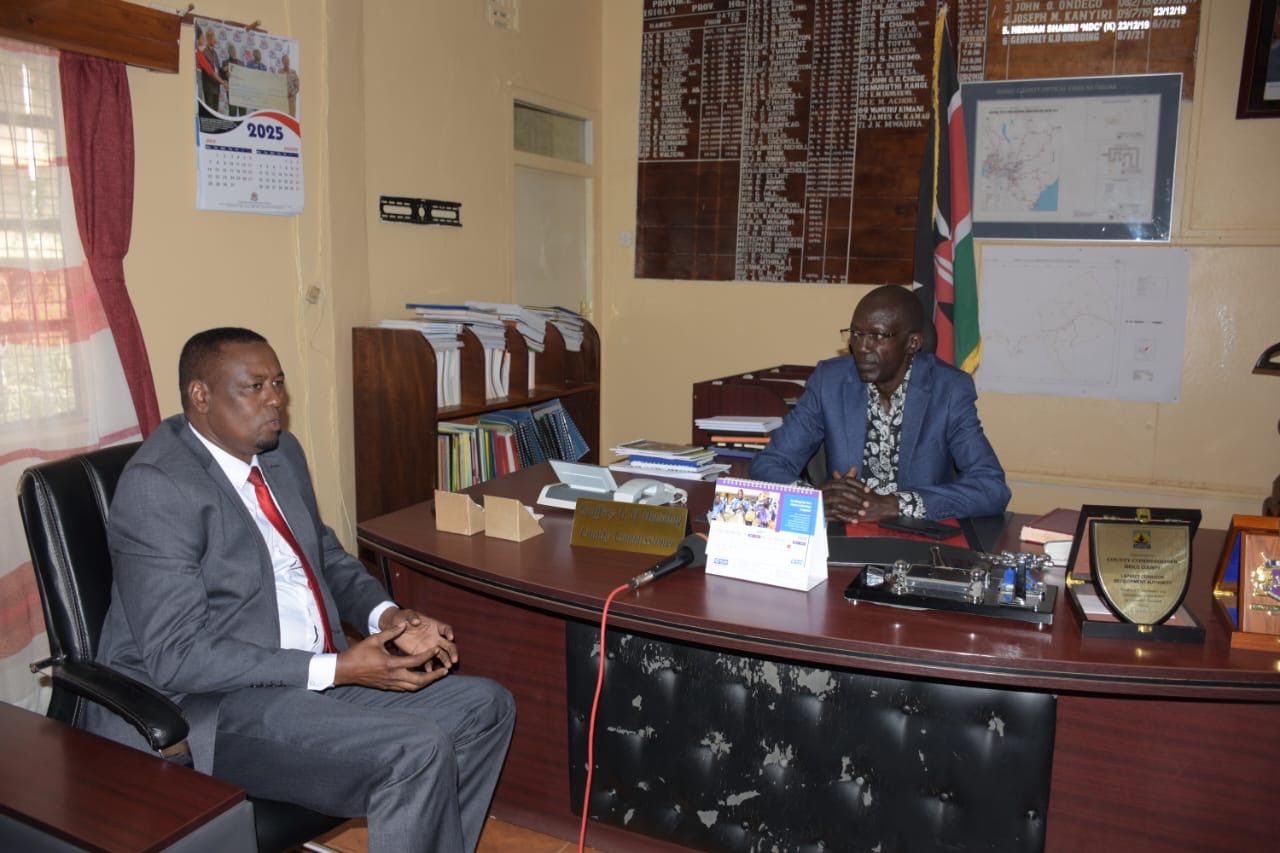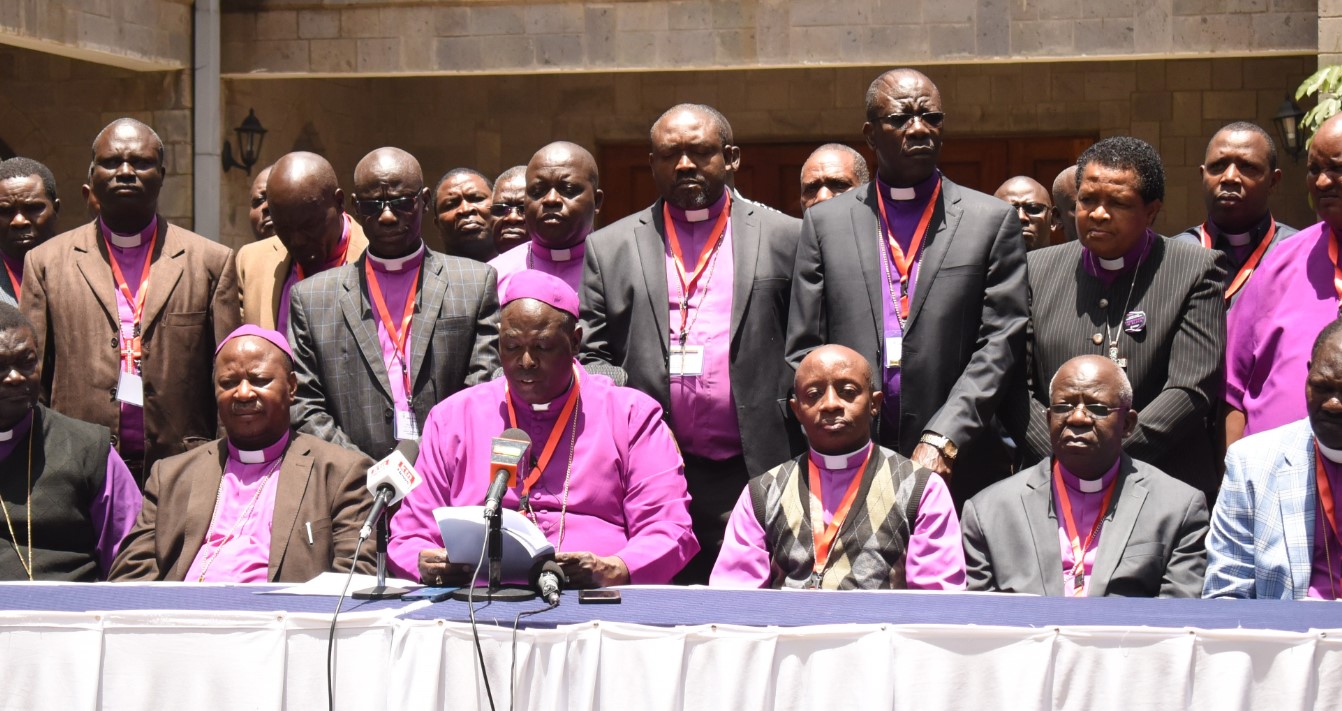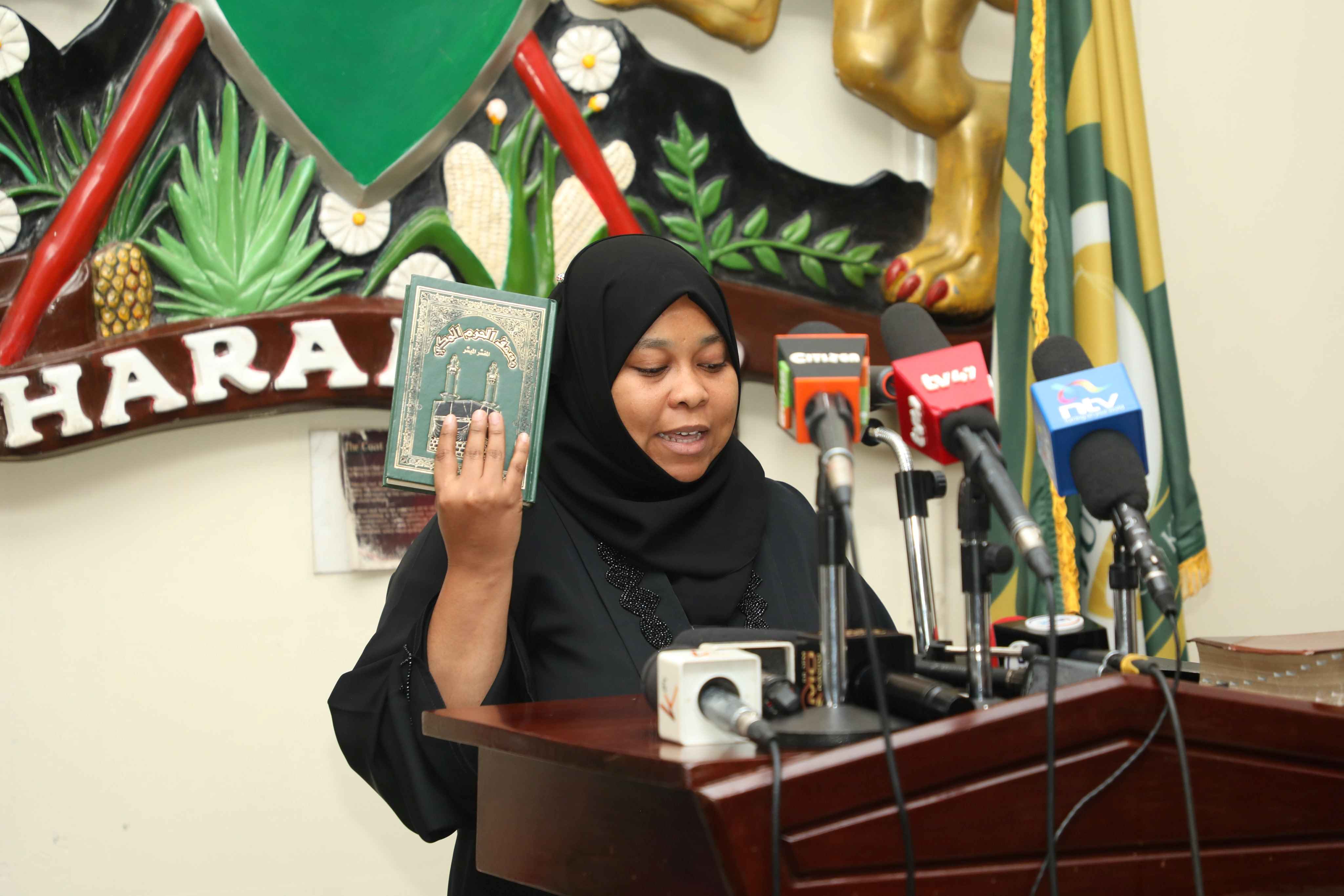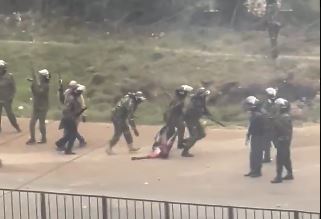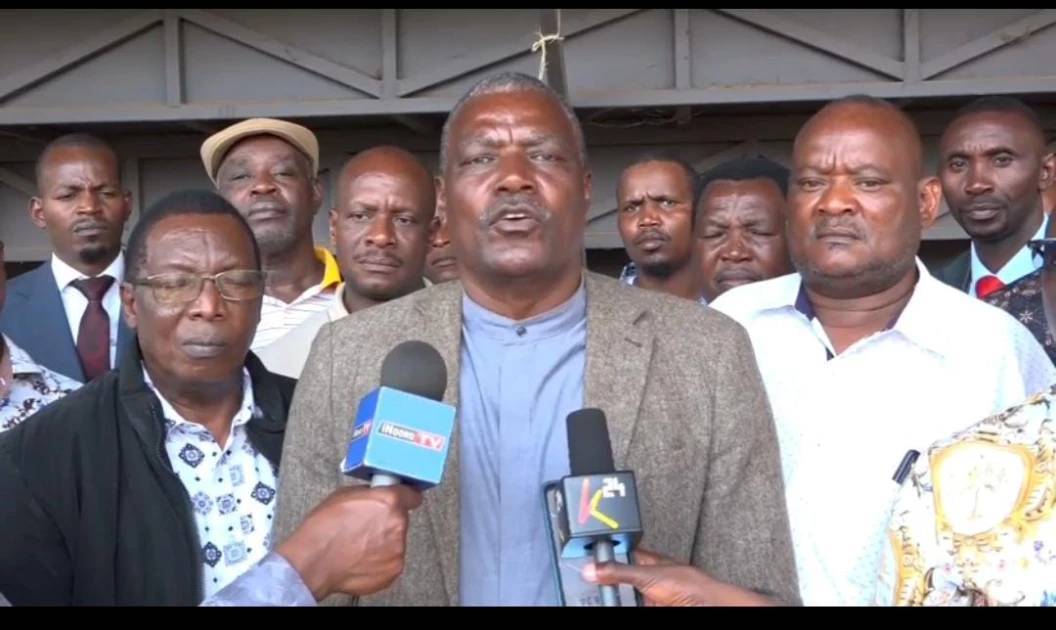Cabinet shake-up in Sudan as transitional PM Kamil Tayyib Idris seeks stability amid civil war
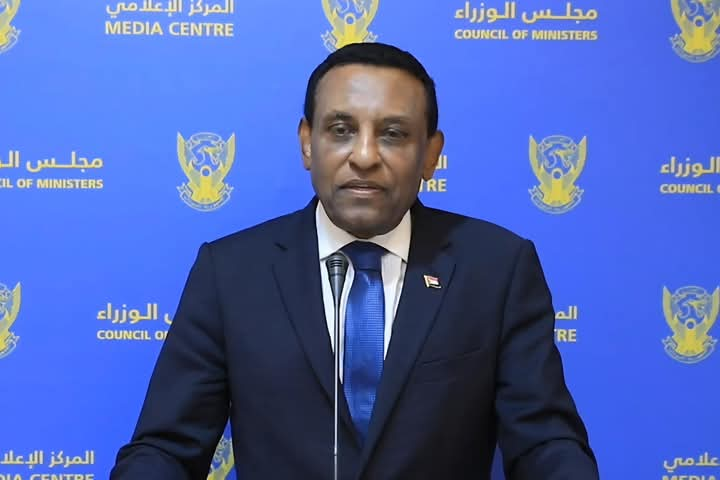
The appointments, announced by state-run 'Sudan News Agency', are seen as an attempt to fill key governance gaps and build momentum behind a technocratic administration tasked with stabilizing a nation in turmoil.
Sudan's transitional Prime Minister Kamil Tayyib Idris has named five new ministers to his cabinet, as part of a continuing effort to structure what the junta has dubbed the 'government of hope', even as the country remains gripped by a devastating civil war.
The appointments, announced by the state-run Sudan News Agency, are seen as an attempt to fill key governance gaps and build momentum behind a technocratic administration tasked with stabilising a nation in turmoil.
More To Read
- Sudan accuses UAE of 'manipulating global forums' to shield RSF
- Ethiopian PM Abiy Ahmed pushes for sea access, avoids war - for now
- PM Abiy calls for unity amid Egypt, Sudan tensions as Ethiopia completes grand dam construction
- At least 933 killed in 2025 attacks on Sudan hospitals and health workers, says Save the Children
- Sudan’s RSF, rebel groups form new political coalition led by Hemedti
- Sudan: Foreign interests are deepening a devastating war – only regional diplomacy can stop them
The new ministers include Engineer Muhammad Kartkila Saleh as Minister of Federal Government and Rural Development; Dr Abdullah Mohammed Darf Ali as Minister of Justice; Dr Jibril Ibrahim Mohamed, who returns to helm the Ministry of Finance; Mohassen Ali Yaqoub as Minister of Industry and Trade; and Bashir Haroon Abdulkarim Abdullah as Minister of Religious Affairs and Endowments.
The decision directs relevant ministries, including those handling federal governance, finance, justice, trade, religious affairs, and social welfare, to begin implementing the changes immediately.
The latest appointments come against the backdrop of Sudan's ongoing conflict, which erupted in April 2023 between the Sudanese Armed Forces (SAF) and the paramilitary Rapid Support Forces (RSF).
The war has killed tens of thousands and displaced millions, both within Sudan and across its borders, plunging the country into one of its worst humanitarian crises in decades.
Since taking office in early June 2025, Prime Minister Kamil has made steady, if cautious, moves to rebuild the state apparatus.
One of his first acts was to dissolve the caretaker government that had been in place since January 2022, appointing senior civil servants to temporarily manage ministries while pledging to form a government led by "independent national technocrats."
The prime minister's appointment ended a leadership vacuum that lasted more than three years, following the 2022 resignation of civilian leader Abdalla Hamdok, who stepped down after a military coup led by General Abdel Fattah al-Burhan in October 2021.
While the formation of a new cabinet is seen as a necessary step toward restoring some sense of governance, many observers remain cautious about whether a technocratic team can operate independently under the watchful eye of a military regime still entrenched in power.
Top Stories Today
